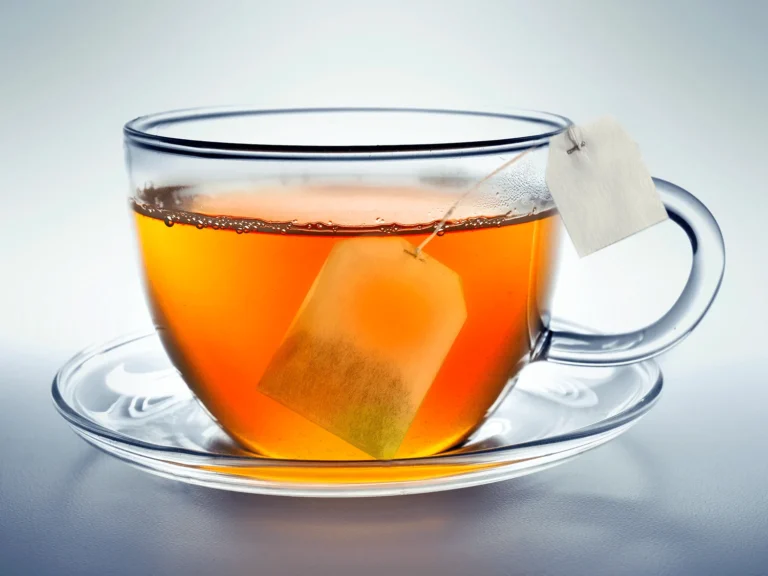Introduction : The Dangers of Ultra-Processed Foods
The Dangers of Ultra-Processed Foods: In today’s fast-paced world, convenience often trumps health when it comes to food choices. Ultra-processed foods have become ubiquitous, but what are their effects on our health? In this article, we delve into a recent review highlighting 32 harmful effects of ultra-processed foods on health.
Table of Contents
Understanding Ultra-Processed Foods
Ultra-processed foods are those that undergo multiple processing steps, often containing additives, preservatives, and artificial flavors. These foods are typically high in sugar, salt, unhealthy fats, and low in essential nutrients.
Defining Ultra-Processed Foods
Ultra-processed foods include items like sugary drinks, packaged snacks, instant noodles, and ready-to-eat meals. These products undergo industrial processing, often resulting in the loss of nutritional value.
The 32 Harmful Effects Revealed
The review cited by The Guardian sheds light on the numerous detrimental impacts of consuming ultra-processed foods:
- Weight Gain: Regular consumption of ultra-processed foods is linked to obesity and weight gain.
- Cardiovascular Issues: These foods increase the risk of heart disease and stroke due to their high content of unhealthy fats and sugars.
- Type 2 Diabetes: A diet rich in ultra-processed foods is associated with a higher likelihood of developing type 2 diabetes.
- Digestive Problems: Ultra-processed foods lack fiber, leading to digestive issues such as constipation and bloating.
- Cancer Risk: Certain additives and chemicals found in these foods may contribute to an increased risk of cancer.
- Liver Damage: Excessive consumption of ultra-processed foods can harm liver function and lead to fatty liver disease.
- Poor Bone Health: High levels of phosphates in processed foods can interfere with calcium absorption, affecting bone health.
- Mental Health Issues: Studies suggest a connection between ultra-processed food consumption and mental health disorders like depression and anxiety.
- Decreased Nutrient Intake: These foods often displace nutrient-rich whole foods, leading to deficiencies in essential vitamins and minerals.
- Addictive Properties: The combination of sugar, fat, and salt in ultra-processed foods can trigger addictive eating behaviors.
Making Healthier Choices
Despite the convenience of ultra-processed foods, making healthier choices is crucial for overall well-being. Incorporating more whole, unprocessed foods into your diet can help mitigate the negative effects outlined above.
Tips for Healthier Eating
- Prioritize whole foods like fruits, vegetables, lean proteins, and whole grains.
- Cook meals at home using fresh ingredients whenever possible.
- Read food labels and avoid products with lengthy ingredient lists and artificial additives.
- Limit consumption of sugary drinks, packaged snacks, and fast food.
Conclusion : The Dangers of Ultra-Processed Foods
The review discussed by The Guardian underscores the importance of being mindful of our dietary choices. By reducing our intake of ultra-processed foods and opting for nutrient-dense alternatives, we can support our health and well-being in the long term.
FAQs : The Dangers of Ultra-Processed Foods
- Are all processed foods unhealthy?
- Not necessarily. While some processed foods can be part of a balanced diet, it’s essential to distinguish between minimally processed items like frozen vegetables and highly processed products like sugary cereals.
- How can I identify ultra-processed foods?
- Look for items with long ingredient lists containing additives, preservatives, and artificial flavors. Ultra-processed foods often come in brightly colored packaging and have a long shelf life.
- Can I still enjoy treats occasionally?
- Moderation is key. It’s okay to indulge in ultra-processed treats occasionally, but they should not comprise the majority of your diet.
- Are there any benefits to avoiding ultra-processed foods?
- Yes, opting for whole, unprocessed foods can lead to better overall health, improved energy levels, and reduced risk of chronic diseases.
- What are some easy swaps for ultra-processed snacks?
- Instead of reaching for chips or cookies, try snacking on nuts, seeds, fruit, or veggie sticks with hummus for a healthier alternative.







